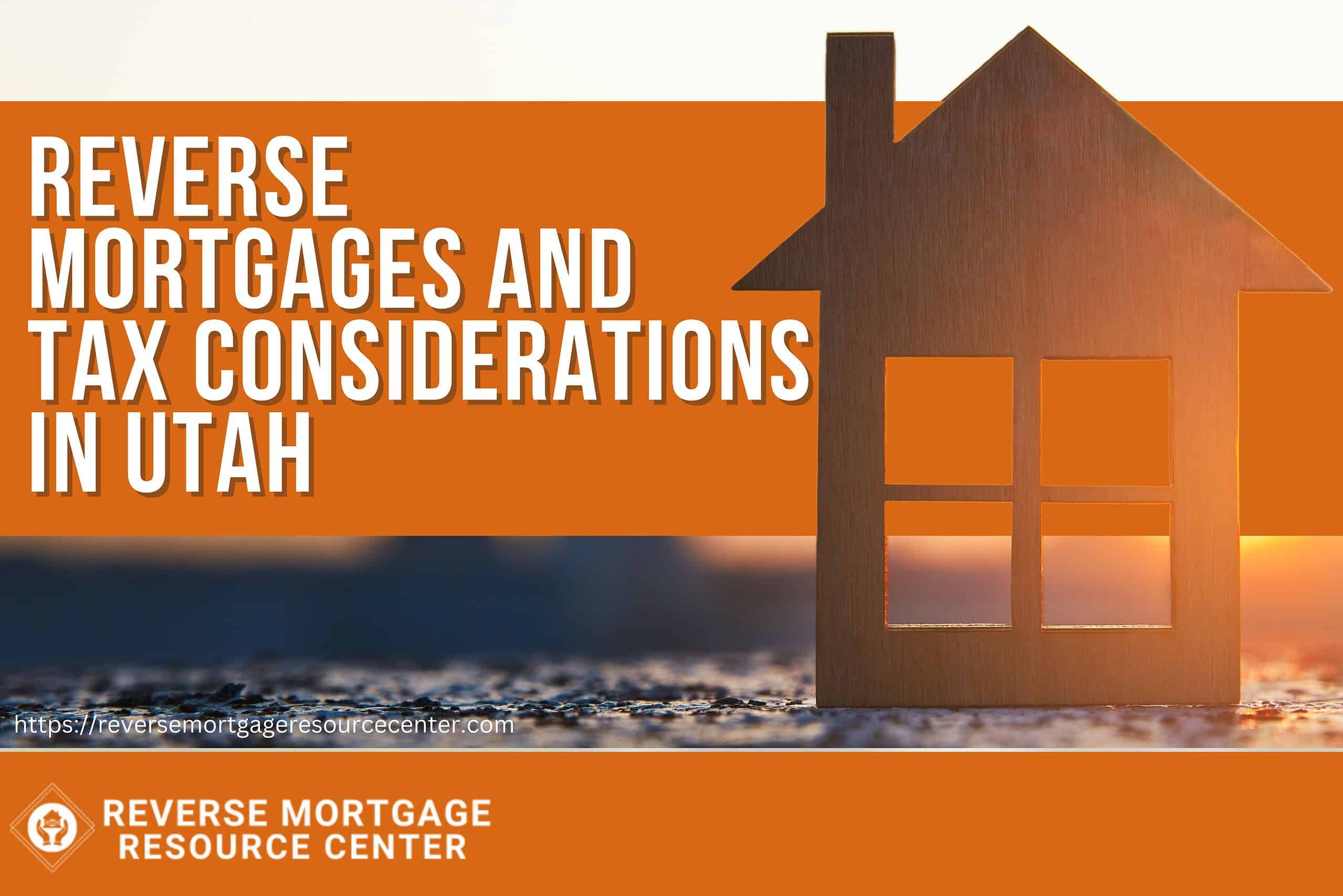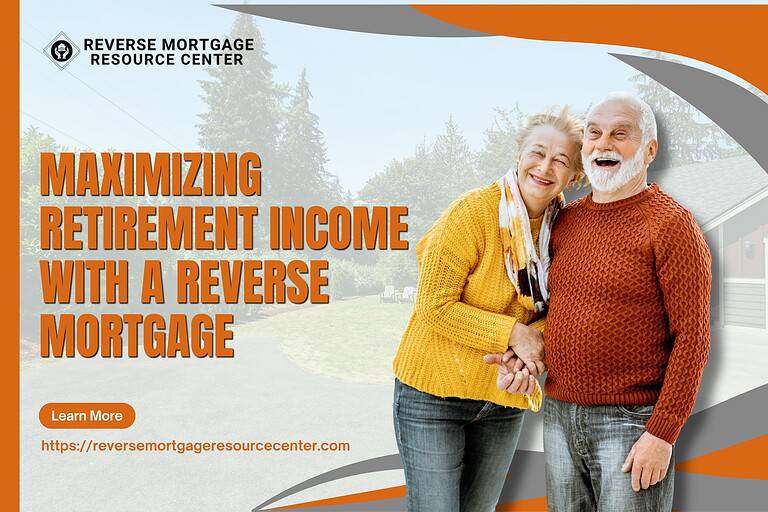Reverse Mortgages and Tax Considerations in Utah
Retirement should be a time of leisure and enjoyment, but for many Utah seniors, financial difficulties can cast a cloud over their golden years. The reverse mortgage is one financial option that can give much-needed relief and financial security. This detailed post will delve into reverse mortgages and Utah tax issues, providing vital insights to seniors looking for financial security in their retirement years.
Understanding Reverse Mortgages
What is a Reverse Mortgage?
A reverse mortgage is a powerful financial tool intended exclusively for homeowners aged 62 and up. It enables homeowners to convert some of their home equity into readily accessible funds without selling their house or making monthly mortgage payments. Rather than paying payments, the homeowner receives disbursements from the lender, essentially converting the equity in their property into a source of money.
Types of Reverse Mortgages
There are three main types of reverse mortgages:
Home Equity Conversion Mortgage (HECM): The Federal Housing Administration (FHA) insures HECMs, the most frequent type of reverse mortgage. They provide a variety of disbursement options and are subject to stringent laws designed to safeguard borrowers.
Proprietary Reverse Mortgages: Private loans made by banks or mortgage companies that the FHA does not guarantee are known as proprietary reverse mortgages. They may have fewer restrictions than HECMs but are often appropriate for higher-value residences.
Single-Purpose Reverse Mortgages: Reverse mortgages for a single purpose are often issued by state or local government agencies or non-profit groups. They are less flexible than HECMs or proprietary reverse mortgages since they include constraints on how the borrowed funds can be used.
Advantages of Reverse Mortgages
Reverse mortgages provide several significant benefits for Utah elderly suffering financial difficulties:
Supplement Income
One of the key advantages of a reverse mortgage is the possibility of using funds to cover everyday expenses, pay off existing obligations, or fund medical expenses, bringing much-needed financial respite.
No Monthly Mortgage Payments
Reverse mortgages, unlike standard mortgages, do not require monthly payments. Seniors can stay in their homes without making regular mortgage payments, freeing up cash flow and reducing the load on their monthly budget.
Flexibility
Seniors have the option of receiving their reverse mortgage proceeds in a variety of ways. They can choose between a lump-sum disbursement, monthly installments, or a line of credit to fulfill their financial circumstances. This versatility guarantees that homeowners can adjust the reverse mortgage to their needs.
Loan Proceeds Are Generally Income Tax-Free
Reverse mortgage proceeds are typically treated as loan advances and are not taxed. The funds’ tax-free status can benefit seniors wishing to manage their money more efficiently, allowing them to optimize their available funds.
Tax Considerations for Reverse Mortgages in Utah
While the proceeds of a reverse mortgage are typically income tax-free, Utah seniors should be aware of any special tax issues that may apply in their state.
Property Tax Implications
Property taxes in Utah are calculated based on the market value of a home. A reverse mortgage does not affect the market value of the property. However, leaving your house for an extended period, such as moving into a long-term care facility, and it is not your primary residence, may affect your property tax status.
Utah has a property tax deferment program for seniors 66 and up that can help mitigate property tax increases. Seniors with a reverse mortgage should investigate whether they are eligible for this program, as it can bring valuable financial assistance while also contributing to the overall tax efficiency of their retirement plan.
Federal and State Income Tax
As previously stated, reverse mortgage earnings are often not taxable income at the federal or state level. This is still true in Utah, where the money is deemed a loan advance. To ensure compliance and discover potential exceptions or changes in tax regulations, it is critical to speak with a tax professional aware of Utah’s tax laws.
Choosing the Right Reverse Mortgage Lender in Utah
Choosing the correct lender is crucial when considering a reverse mortgage in Utah. Working with a reliable lender who understands Utah seniors’ special financial demands and tax issues is critical. Here are some pointers to consider while selecting a lender:
Research Local Lenders
Begin your adventure by looking into reverse mortgage lenders in Utah. Look for well-established institutions with a history of supporting seniors in your area. Local knowledge and understanding of the Utah home market can be quite helpful.
Compare Terms and Rates
Not all reverse mortgages are the same. To obtain the best conditions for your financial circumstances, compare the terms, interest rates, and fees offered by different lenders. A reduced interest rate or fees might substantially impact the total cost of the loan.
Seek Recommendations
Request referrals from friends, family members, or financial experts for reliable reverse mortgage lenders in Utah. Personal referrals might provide useful information and assist you in identifying lenders who are known for their transparency and customer service.
Consult a HUD-Certified Counselor
HUD (U.S. Department of Housing and Urban Development) requires borrowers to seek counseling from a HUD-certified counselor before proceeding with a reverse mortgage. This stage is critical because it ensures that consumers completely grasp the terms and ramifications of a reverse mortgage. Counselors can also provide personalized advice tailored to your specific financial situation.
REVERSE MORTGAGE RESOURCE CENTER ~LIVE LIFE ON YOUR TERMS~
Our Lending Team has been serving our clients since 2004. We are passionate about serving our clients with integrity to help them achieve their financial goals.







